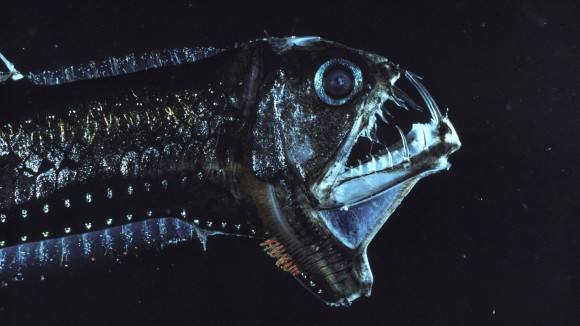 Punyasloke Bhadury is a Professor at the Indian Institute of Science Education and Research. He leads a diverse team of researchers and investigates biogeographic patterns of metazoan communities, such as free-living marine nematodes across oceanic realms including deep-sea based on taxonomy and deep sequencing. Prof Bhadury has been an Editorial Board Member for Scientific Reports since 2016.
Punyasloke Bhadury is a Professor at the Indian Institute of Science Education and Research. He leads a diverse team of researchers and investigates biogeographic patterns of metazoan communities, such as free-living marine nematodes across oceanic realms including deep-sea based on taxonomy and deep sequencing. Prof Bhadury has been an Editorial Board Member for Scientific Reports since 2016.
 Olga Sánchez is an Associate Professor at the Department of Genetics and Microbiology in Universitat Autònoma de Barcelona. Her research focuses on the application of molecular techniques for the characterization of the diversity of different microbial communities, such as marine environments or wastewater treatment systems in order to understand the diversity and function of microbial communities in natural or engineered systems. Prof Sánchez has been an Editorial Board Member for Scientific Reports since 2019.
Olga Sánchez is an Associate Professor at the Department of Genetics and Microbiology in Universitat Autònoma de Barcelona. Her research focuses on the application of molecular techniques for the characterization of the diversity of different microbial communities, such as marine environments or wastewater treatment systems in order to understand the diversity and function of microbial communities in natural or engineered systems. Prof Sánchez has been an Editorial Board Member for Scientific Reports since 2019.
 Sergio Stefanni is a Researcher at the Stazione Zoologica Anton Dohrn. His research interests are molecular ecology, population genetics and phylogeny of marine organisms (mainly fish and sharks, from coastal to the deep-sea) with focus on cryptic species. He applies novel molecular tools for fishery and conservation management strategies. He is also contributing to technological developments in sampling and processing data as well as the development of bioinspired vehicles for research at sea. Dr Stefanni has been an Editorial Board Member for Scientific Reports since 2019.
Sergio Stefanni is a Researcher at the Stazione Zoologica Anton Dohrn. His research interests are molecular ecology, population genetics and phylogeny of marine organisms (mainly fish and sharks, from coastal to the deep-sea) with focus on cryptic species. He applies novel molecular tools for fishery and conservation management strategies. He is also contributing to technological developments in sampling and processing data as well as the development of bioinspired vehicles for research at sea. Dr Stefanni has been an Editorial Board Member for Scientific Reports since 2019.

